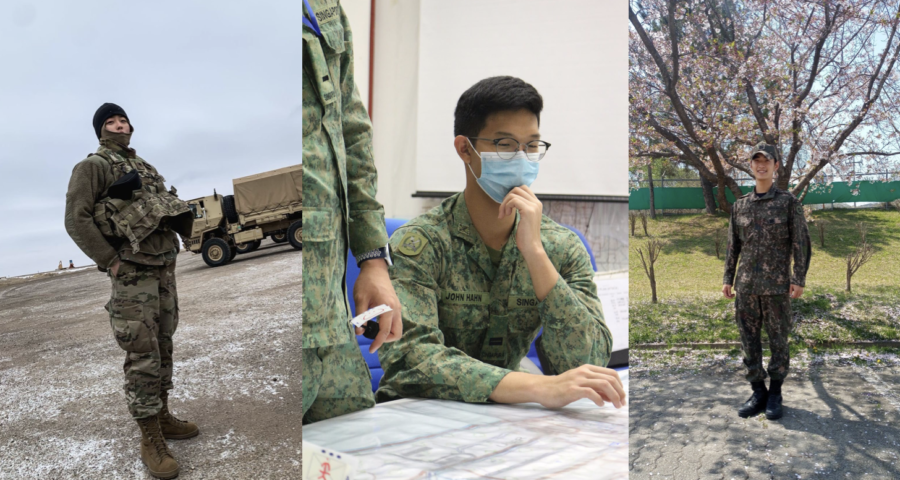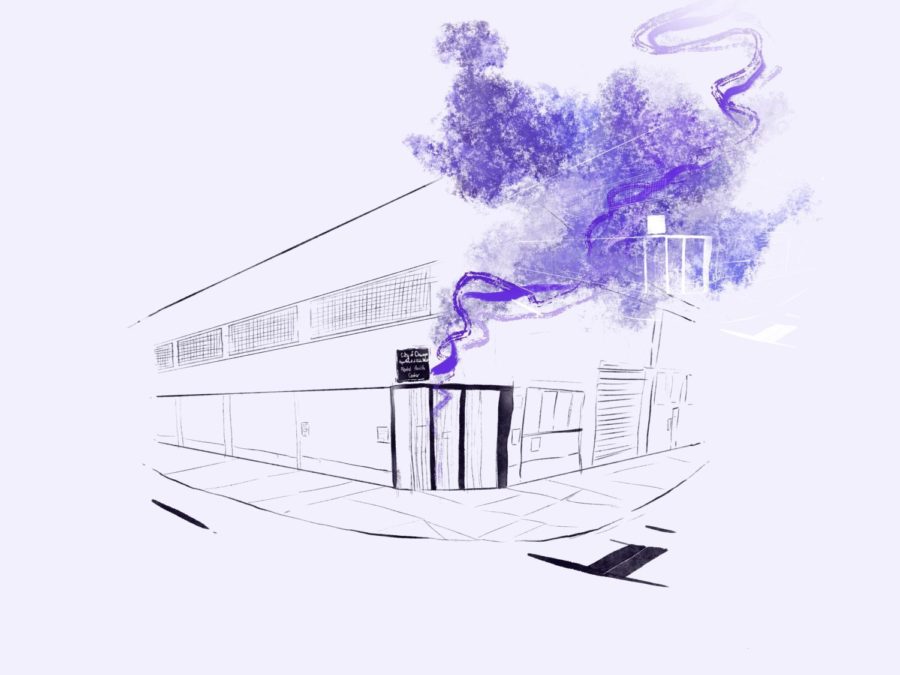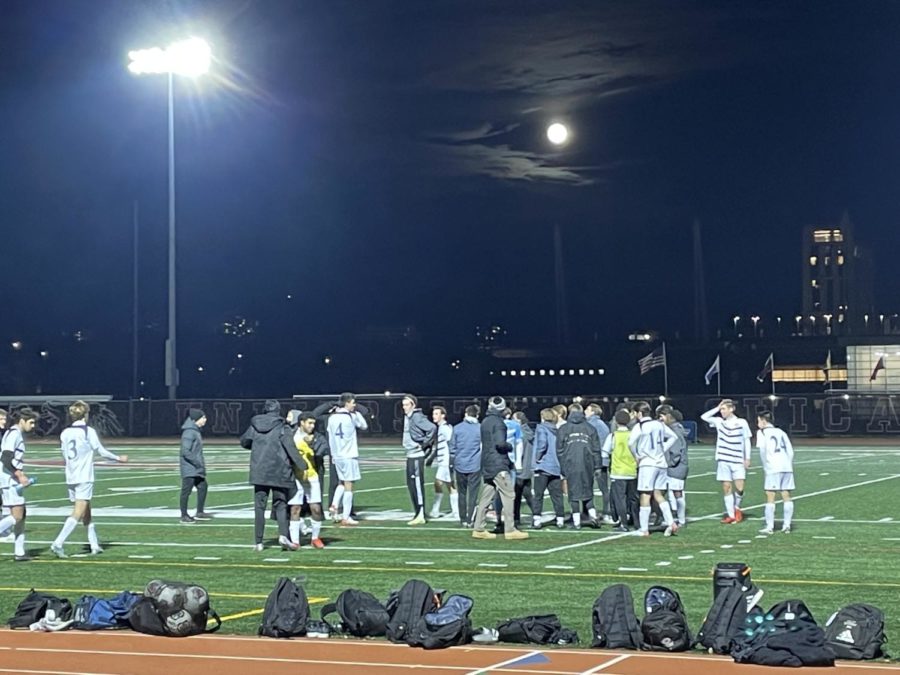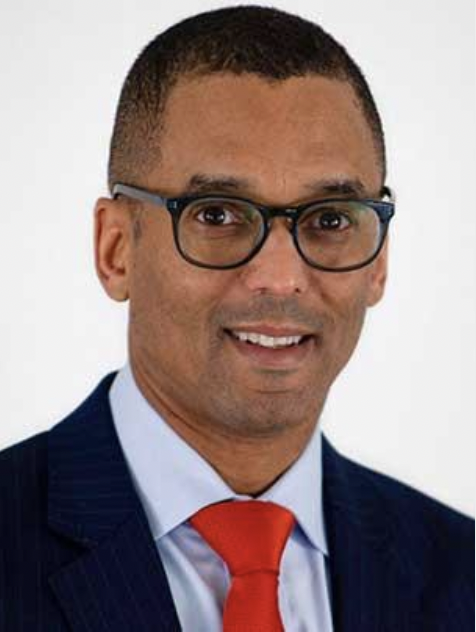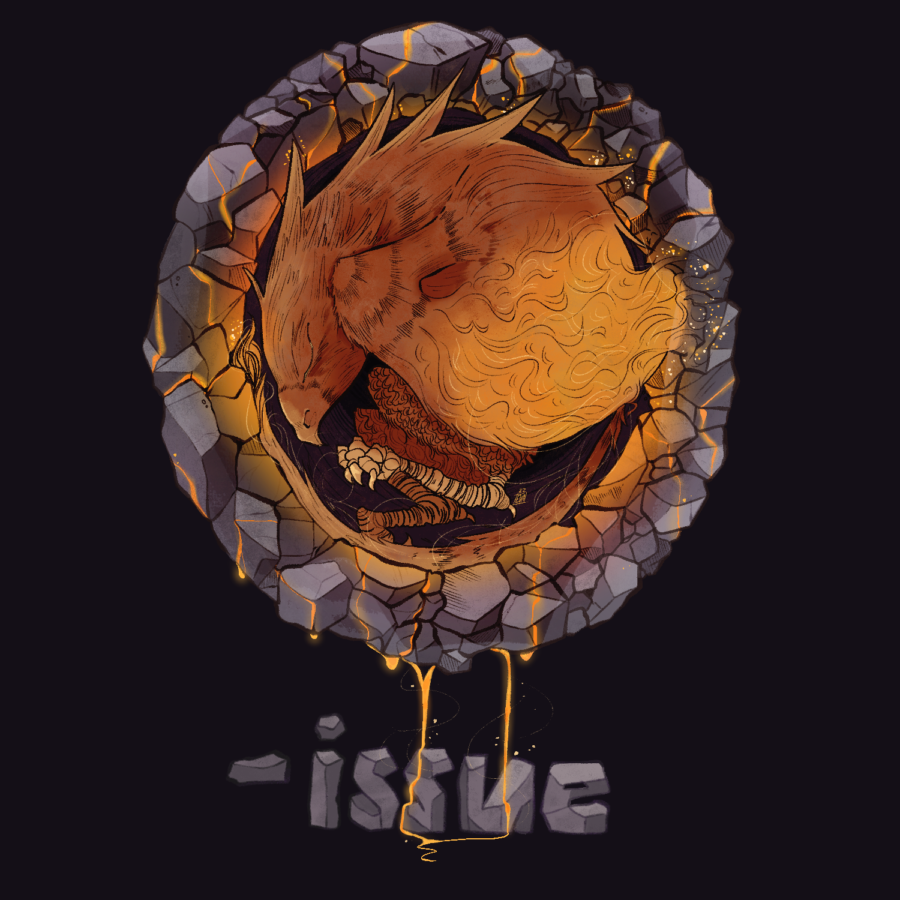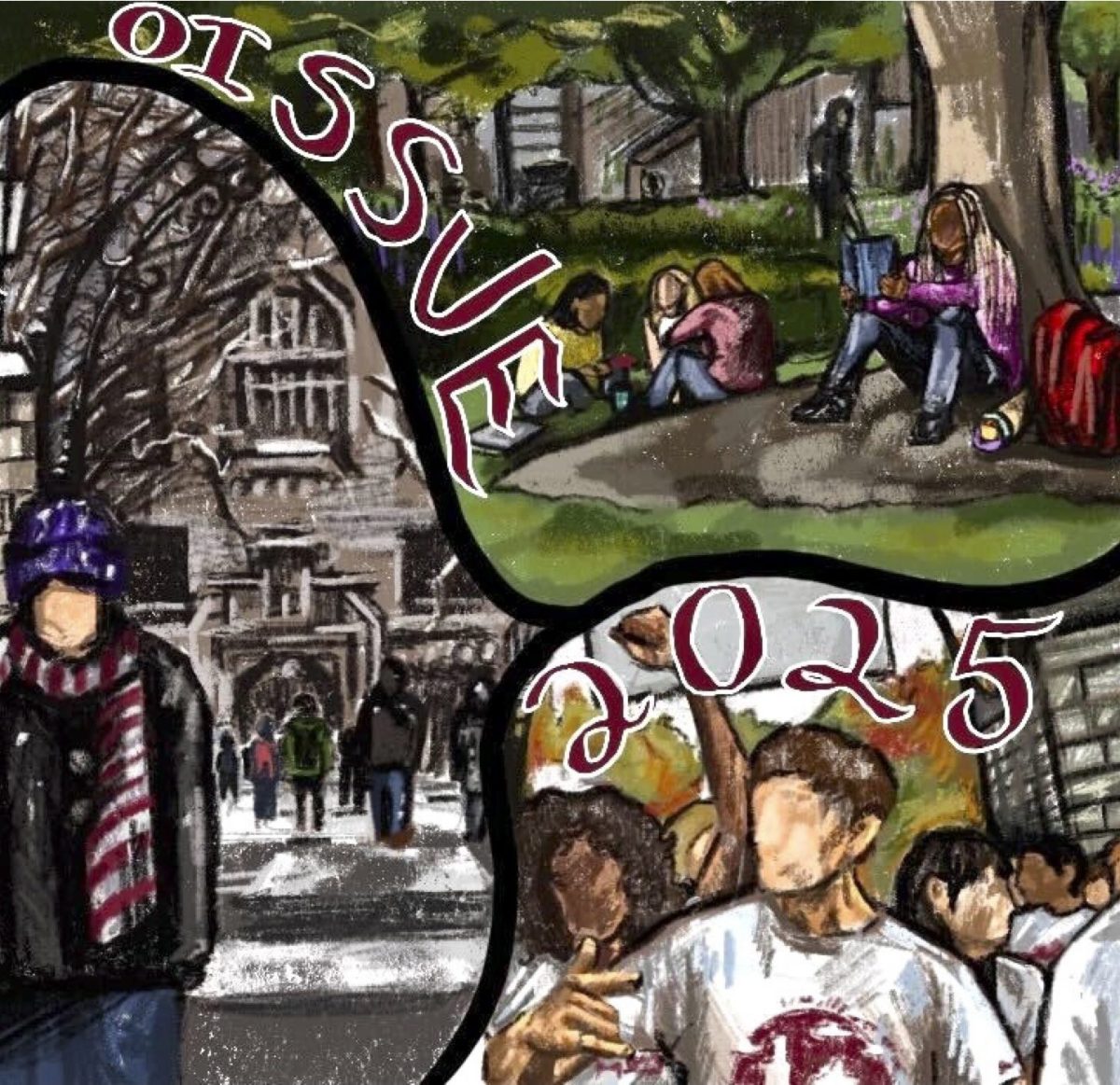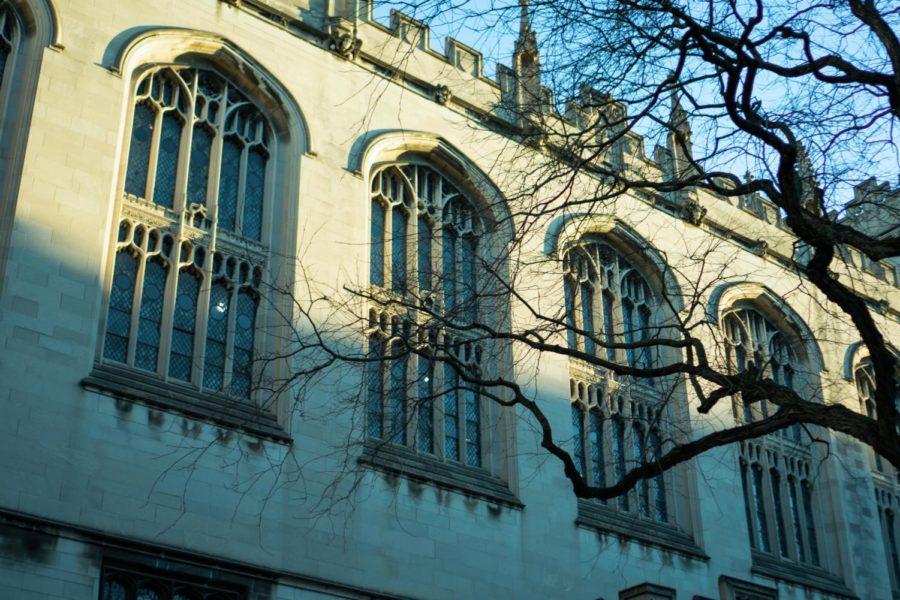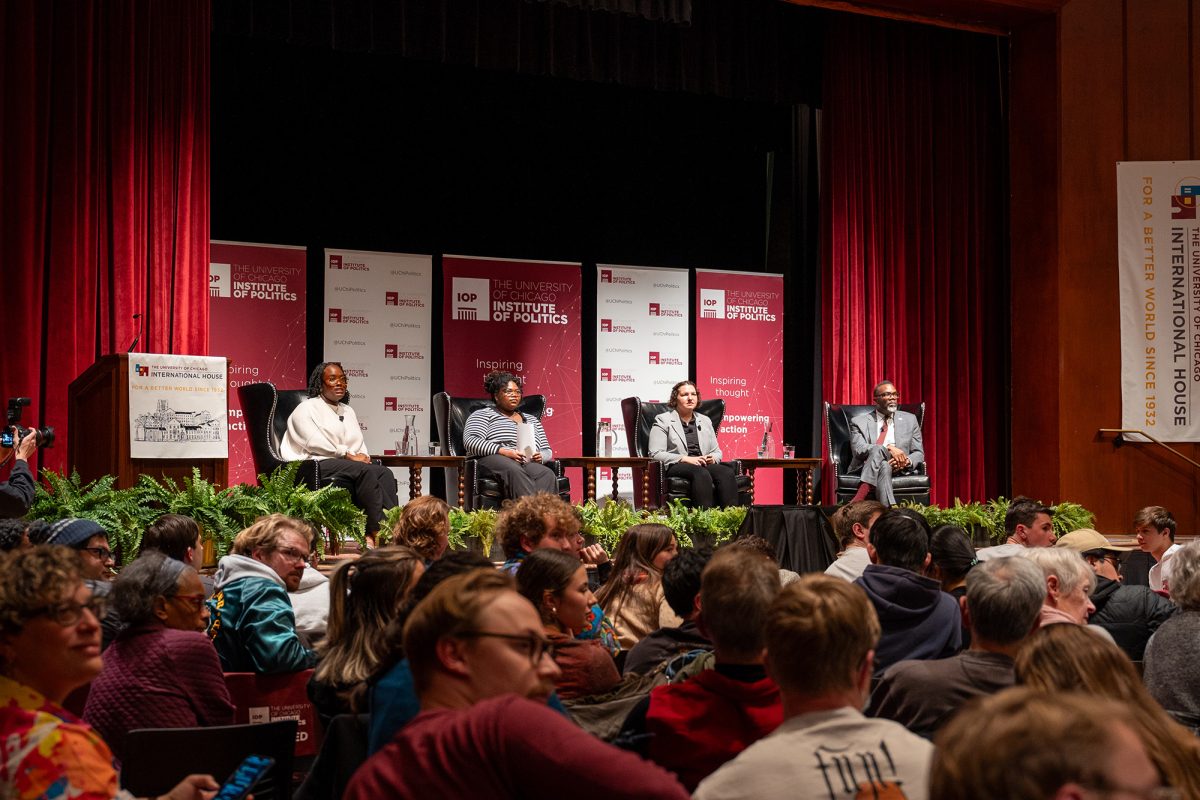As a result of the coronavirus pandemic in 2020, Brian Kim had to return home to South Korea only a year into his college experience. After completing the first quarter of second year on his iPad, Kim knew it was time: He was ready to take his leave of absence from the University in order to fulfill his compulsory military service.
“I was going to go to the military anyways, either after my first year or after my second year,” Kim said. “But after my fall quarter in 2020, I really thought that the in-person experiences are the integral part of the experience that comes from the University.” Therefore, he decided to move up his timeline and enlist.
Every year, international students return from the military to continue their education. As a male South Korean citizen, Kim is required to perform around two years of compulsory military service between the ages of 18 and 35.
In the military, Kim participated in boot-camp training, then was deployed to a secondary boot camp that focused on communications and signaling. There, he was in charge of organizing the library and was able to catch up with studying during his own time. In fact, his time in the military helped him solidify his future career plans and further his studies in computer science and artificial intelligence.
Resuming his education as a second-year this fall, Kim said he was initially concerned about readjusting to school, as most of his friends are now fourth-years. However, he now also recognizes the positives of having “senior” friends, who export wisdoms from their own experience.
“They’re giving me so much good advice, academically and career-wise. I’m trying to talk with them as much as possible to catch up with where I left off,” he said.
Charly Youn, a dual citizen of South Korea and the United States, also shared his nerves and excitement about starting college in Chicago.
“I just want to test myself academically and make connections outside,” Youn said. “I feel a little nervous because I feel like I can get closer to veterans [more quickly], compared to just normal people, because we’re dependent [on one another] out there.”
As a dual citizen, Youn had a choice to serve in either country. Upon graduating from high school in 2016, Youn served in the U.S. Army in Kansas.
“I chose the U.S. [military] even though it’s a longer contract because they really give you a purpose in life,” Youn said. “Back in high school, I had very low self-esteem, so I wanted to find a solution. And I thought the U.S. Army could help me do that.”
In the Army, Youn learned to manage aircraft parts as an automated logistics specialist, served at a base in Kansas for three years, and was deployed to Lithuania and South Korea for nine months each. Finally, at 24, he is ready to start his first year of college.
Similar to South Korea, Singapore mandates every male citizen and permanent resident to undertake National Service (NS) upon turning 18. John Hahn, a third-year from Singapore, said that being in the military offered him the right mindset for college.
“Being in the military made me realize that high school and college is very much a bubble,” he said. “I remember in high school, the goal was to climb the social ladder, but looking from the outside in, it doesn’t mean much. In the end, after you graduate high school, no one really fixates on that, so I kind of saw college as the same thing. There are a lot of aspects in college that I probably would have caved into if I didn’t go to the military.”
In 2018, Hahn joined the Singaporean military as a high school graduate. After undergoing basic military training and nine months of officer cadet school, Hahn led an artillery unit of six men for the remainder of his 22 months of service.
But there were other challenges when it came to returning to school: The same time when Kim had decided to take his leave of absence in the midst of the pandemic, Hahn had to adjust to Zoom classes, in addition to general academic life, after his service.
“I had to get used to remote learning first of all, but also stuff like writing an essay,” Hahn said. “I remember in Hum, the very first paper was a bit confusing for me because I didn’t remember the basic structure of writing. But it only took about a month or two to get used to those academic things, while remote learning took a bit longer.”
Both incoming Youn and returning Kim said they are excited to start a new chapter in Chicago this year. Youn hopes to major in economics and expand his knowledge in business to further develop his non-fungible token project in South Korea with his friends. Kim said he is most excited about returning to campus and continuing his research with Assistant Professor of Computer Science Rana Hanocka, a job he has done remotely.
“I missed the whole campus vibe,” Kim said. “It’s been so long since I’ve had that…and I really look forward to having that in-person experience of doing research in the lab itself.”
To these students and all other incoming students from the military, Hahn advised them to be open to making new friends and to appreciate their academic journey.
“You will definitely find your group of friends,” Hahn said. “It’s definitely a bit detaching to not be around people of your age, or to see your high school friends graduate when you’re still in school…but just focus on the long-term, and see that whatever decision you’re going to make is going to be better than it would have been two years ago without serving in the military.”



